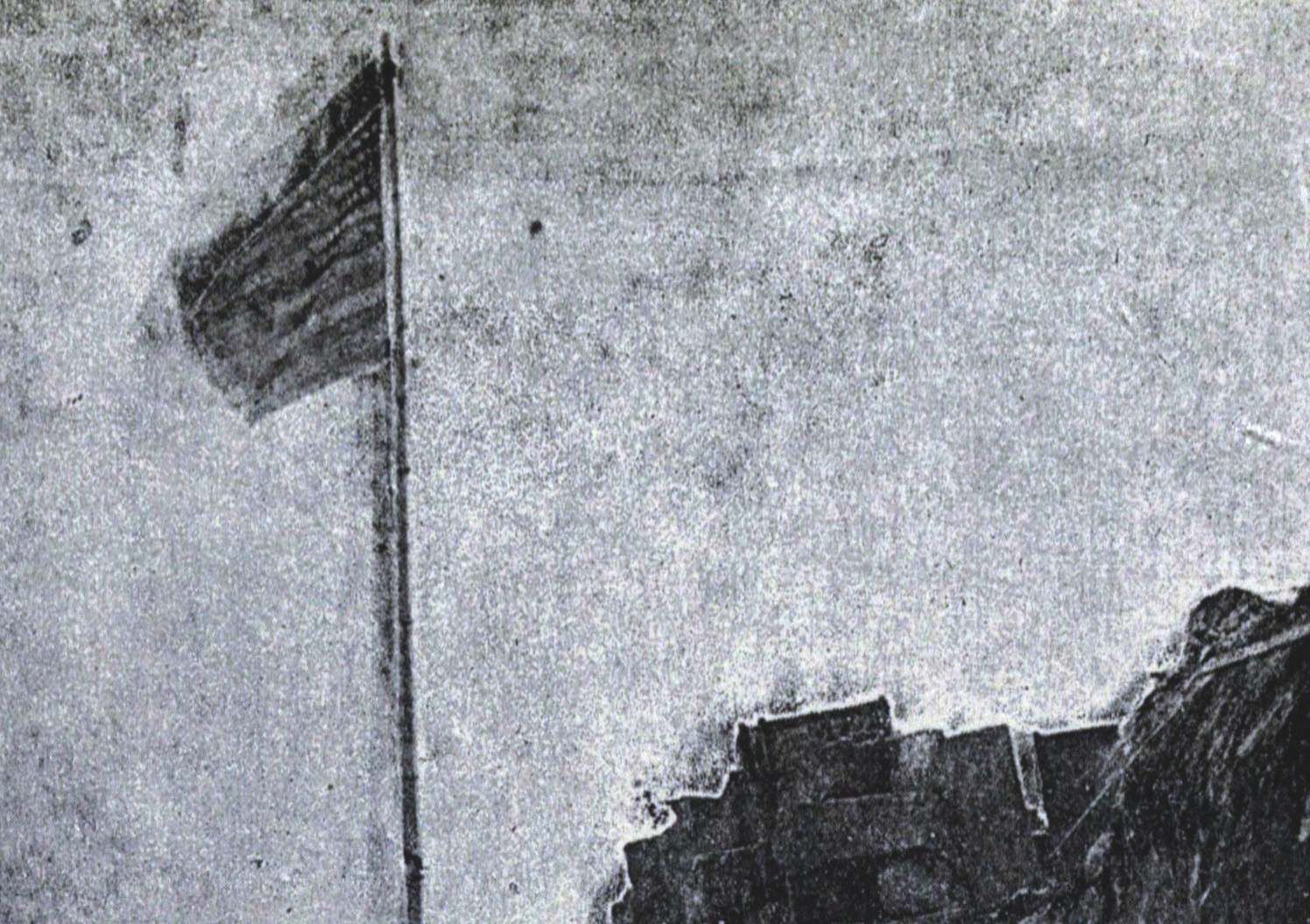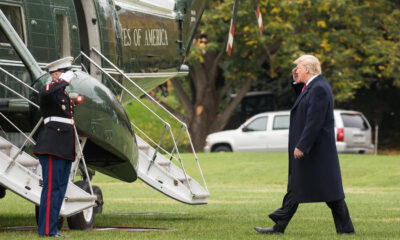Civilization
Decline of Senior Officer Integrity and Civilian Control of the Military

Public confidence in the military has slipped. One major reason is the politicization of senior military officers, who show an increasing propensity to compromise their integrity to gain influence and achieve both budgetary and policy goals. Their willingness to spin carefully parsed and knowingly misleading testimony and advice compromises civilian control of the military. Simply stated, these generals and admirals are not providing full and complete representations of plans, concepts, and assessments to senior civilians in the executive and legislative branches, thereby depriving them of the unbiased information they require to make decisions required by the Constitution.
Senior officers behaving without integrity – lying to civilian overseers
In an era of increasing complexity, cleverly constructed narratives that present simplified, politicized positions to the general population have taken on out-sized importance. Senior officers increasingly are attempting to manipulate policy making by intentionally reducing complex reality to simple narratives designed to appeal to partisan audiences.
Integrity has two meanings pertinent to this issue: the common understanding of integrity as honesty and the less common and more formal understanding of integrity as the quality of being whole and complete.
Preparation for and experience in combat develops strong wills. Senior officers motivated by the desire to get the biggest possible piece of the pie for their services are tempted to dissemble to win the internecine budget and policy fights that are the lifeblood of official Washington. When these wills are not properly constrained by higher commitments to integrity and respect for the decision-making province of civilian authorities, generals and admirals can succumb to the temptation to deceive.
These deceptions can take many forms. A senior officer can choose to highlight some information. Conversely, they can obfuscate, discredit, or ignore other information. They can allude to expert knowledge or classified information to undercut or deflect questions that challenge their assertions. They can use the age-old technique of making strawmen of opposing views. Worse, they can engage in or encourage subordinates or cultivated commentators to engage in ad hominem attacks on the messengers of alternate views.
Good officers and bad officers
While the hyper-political environment sees daily evidence of such behaviors, some senior officers have exercised considerable self-discipline and have not let advocacy for a position override respect for the prerogatives of senior civilians. In short, just because they have the leadership persona, verbal skills, and communication staffs to construct one-sided positions and perhaps even succeed in the manipulation of some people, they have worked to develop full and balanced representations of the issues at hand.Theirs has been a triumph of professional ethics over the abuse of information to achieve their ends.
Regrettably, that admirable conduct is in decline and that decline is a contributing factor for decreasing public trust in the military. The American public may not know the specific capabilities of various weapons or the operational implications of various policies. But constant exposure to spun narratives has trained them to recognize manipulation when they see and hear it. Many resent being manipulated, and their sense that such techniques are being used by the Nation’s most senior officers undermines their trust and confidence in the military. The military was once recognized as a profession culturally apart from the rest of society, but no longer. America’s military, and its senior officers especially, are increasingly viewed as no less cynically self-interested than the rest of the elite class.
Addiction to power
The decline of senior officer integrity increasingly impacts civilian decision makers. Not long ago, overbooked national leaders could confidently “repose special trust and confidence” in the senior officers providing assessments and recommendations to them. The disciplined and honorable behaviors of past generations of generals and admirals certainly validated this special trust and confidence. But, with a rise in manipulative narratives, civilian leaders and their staffs are more likely to feel compelled to dig into the details of complex military matters to gain the full and complete picture they need to discharge their responsibilities.
In short, it is past time for senior officers to forego their increasing addiction to the power opiate of clever narratives and work to present full and balanced representations of the issues at hand.
Absent immediate internal reform by the Department of Defense, civilian leaders will increasingly have to turn, just as they have with other federal agencies, to independent investigations to gain a more complete understanding of national security issues.
This article was originally published by RealClearDefense and made available via RealClearWire.
Brigadier General Keith T. Holcomb, (U.S. Marine Corps, ret.), is a former USMC Fellow at the Center for Strategic and International Studies. His last assignment was as Director of the Training and Education Division, U.S. Marine Corps Combat Development Command.
-

 Accountability4 days ago
Accountability4 days agoWaste of the Day: Principal Bought Lobster with School Funds
-

 Civilization1 day ago
Civilization1 day agoWhy Europe Shouldn’t Be Upset at Trump’s Venezuelan Actions
-

 Executive2 days ago
Executive2 days agoHow Relaxed COVID-Era Rules Fueled Minnesota’s Biggest Scam
-

 Constitution3 days ago
Constitution3 days agoTrump, Canada, and the Constitutional Problem Beneath the Bridge
-

 Christianity Today1 day ago
Christianity Today1 day agoSurprising Revival: Gen Z Men & Highly Educated Lead Return to Religion
-

 Civilization2 days ago
Civilization2 days agoThe End of Purple States and Competitive Districts
-

 Executive2 days ago
Executive2 days agoWaste of the Day: Can You Hear Me Now?
-

 Civilization5 days ago
Civilization5 days agoThe Conundrum of President Donald J. Trump













